Comprehensive Guide to Repairing Samsung Top Loading Washing Machines
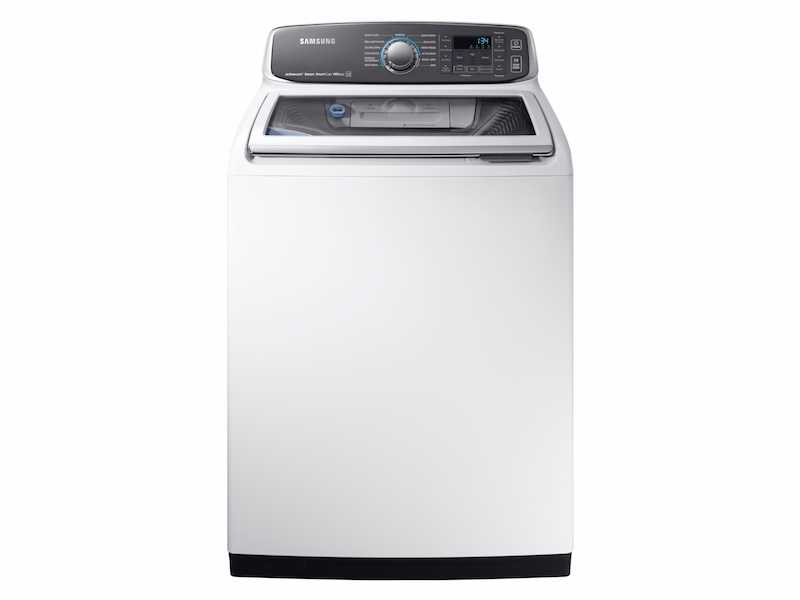
When it comes to maintaining household equipment, understanding the intricacies of their operation is essential. Many homeowners encounter issues that can disrupt daily routines, leading to frustration. This guide aims to provide clarity and support in navigating common challenges associated with one specific type of appliance, ensuring longevity and efficiency in its use.
With an array of features designed for convenience, these devices can sometimes experience malfunctions. This resource will walk you through typical problems and offer practical solutions to help restore functionality. By familiarizing yourself with the key components and their roles, you will be better equipped to handle any situation that may arise.
Empower yourself with knowledge, as it is the best tool in ensuring that your appliance continues to serve you well. Whether you’re facing minor inconveniences or more significant disruptions, understanding the underlying issues will lead you to effective resolutions and optimal performance.
Common Issues with Top Load Washers
Many households rely on automatic devices for their laundry needs, yet these appliances can encounter various problems over time. Understanding these frequent malfunctions can aid users in identifying symptoms and determining the best course of action. This section outlines some typical concerns that might arise with such appliances.
1. Water Drainage Problems
One of the most common issues involves difficulties with drainage. This can manifest as water not being expelled from the tub after a cycle. Often, this is due to clogged hoses or malfunctioning pumps. Regular maintenance and checking for blockages can help prevent these inconveniences.
2. Unusual Noises During Operation
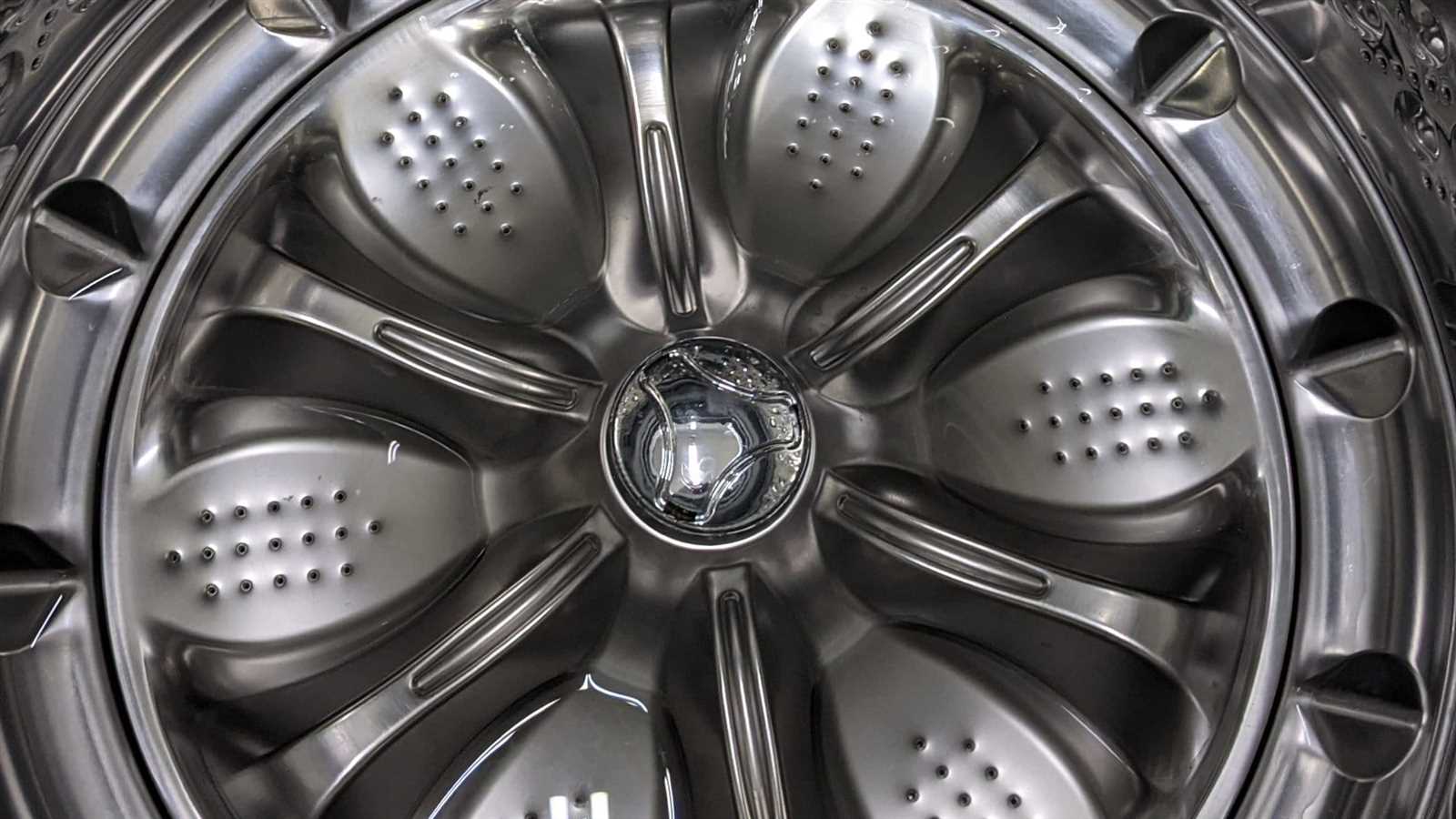
Strange sounds during a cycle can indicate various underlying issues. Rattling or grinding noises may suggest loose components or foreign objects trapped inside. Addressing these noises promptly can prevent further damage and ensure smooth performance.
Note: Proper attention to these common concerns can prolong the lifespan of your appliance and enhance its efficiency.
Basic Troubleshooting Steps
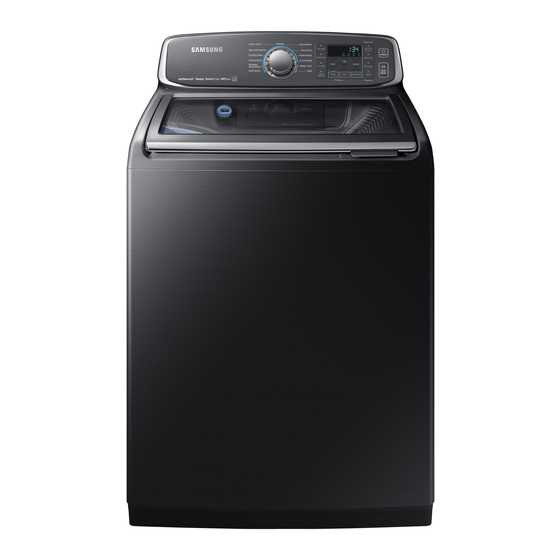
When encountering issues with your laundry appliance, following a structured approach can often lead to a quick resolution. Understanding common problems and implementing simple solutions can save time and prevent further complications.
- Check Power Supply:
- Ensure the unit is plugged in securely.
- Inspect the circuit breaker for any tripped switches.
- Test the outlet with another device to confirm it is functioning.
- Inspect Hoses and Connections:
- Look for kinks or blockages in the water supply hoses.
- Ensure all connections are tight and leak-free.
- Check for any signs of wear or damage on the hoses.
- Examine Settings:
- Verify that the selected cycle is appropriate for the load.
- Confirm that the temperature settings are correctly adjusted.
- Review any additional options that may affect operation.
- Load Balance:
- Ensure the load is evenly distributed within the drum.
- Avoid overloading to prevent strain on the appliance.
- Remove any large items that could cause imbalance.
- Listen for Unusual Noises:
- Pay attention to grinding or rattling sounds during operation.
- Investigate if foreign objects are trapped inside.
- Ensure all components are securely fastened.
If these initial checks do not resolve the issue, it may be beneficial to consult a professional or refer to more detailed guidelines specific to your appliance model.
Parts and Tools for Repair
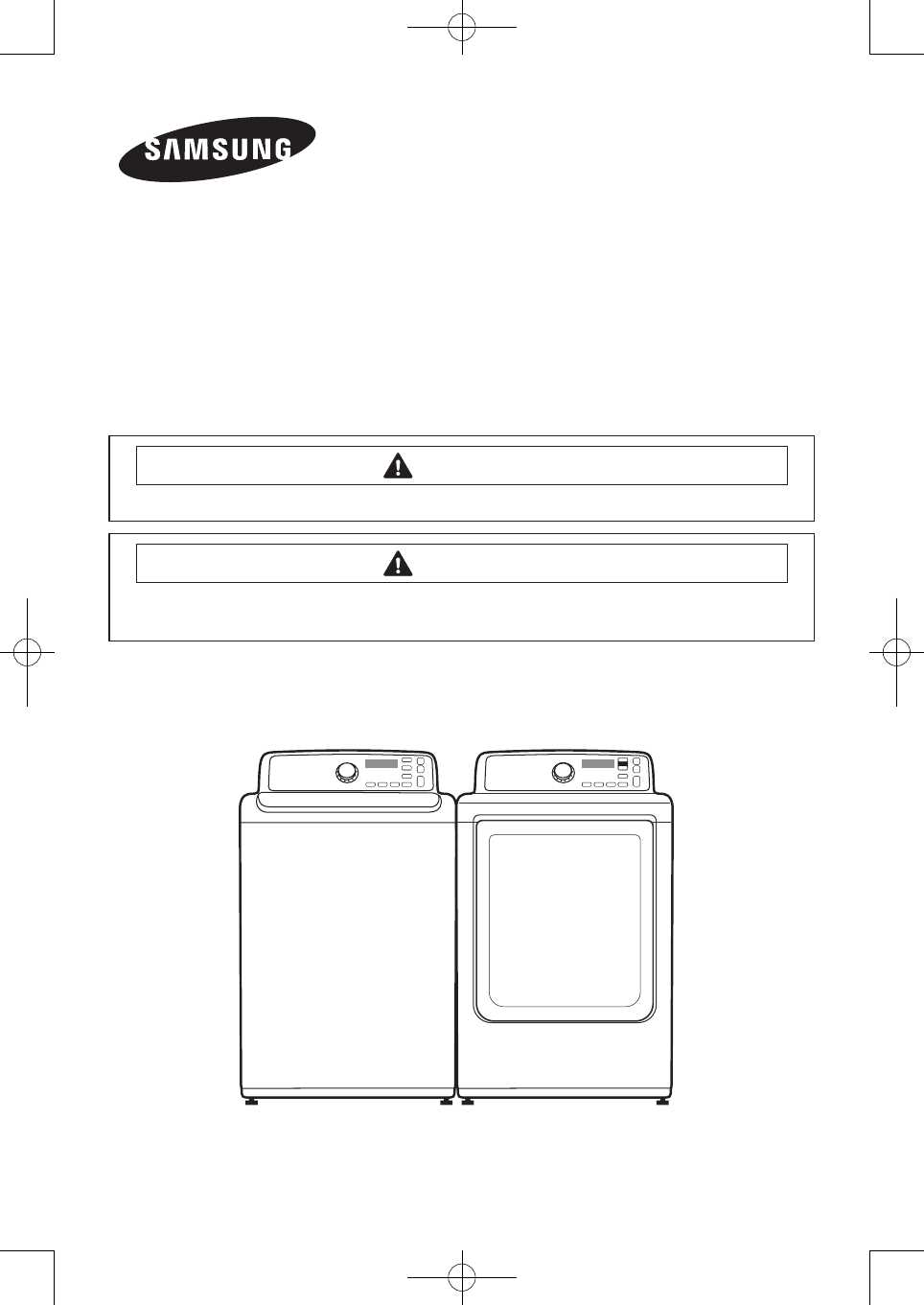
When addressing issues with your appliance, having the right components and instruments is essential for a successful resolution. Understanding the necessary items will enable you to approach the task with confidence and efficiency, ensuring optimal performance upon completion.
Below is a list of commonly required parts and tools that can facilitate the troubleshooting process:
| Component/Tool | Description | Purpose |
|---|---|---|
| Screwdriver Set | A variety of screwdrivers, including flathead and Phillips | Used to remove screws for accessing internal areas |
| Multimeter | An electrical testing tool | Helps to measure voltage and diagnose electrical issues |
| Replacement Hoses | Flexible tubes for water flow | Essential for addressing leaks or blockages |
| Drain Pump | A component that expels water | Necessary for resolving drainage problems |
| Wrench Set | A collection of wrenches of various sizes | Used for loosening or tightening bolts |
| Replacement Belt | A rubber component that drives the drum | Crucial for fixing issues related to movement |
| Cleaning Supplies | Detergents and brushes | For maintaining and cleaning various parts |
Equipping yourself with these essentials not only streamlines the process but also increases the likelihood of restoring your device to full functionality. Familiarity with these items will empower you to tackle any challenges that arise effectively.
Understanding Washer Components
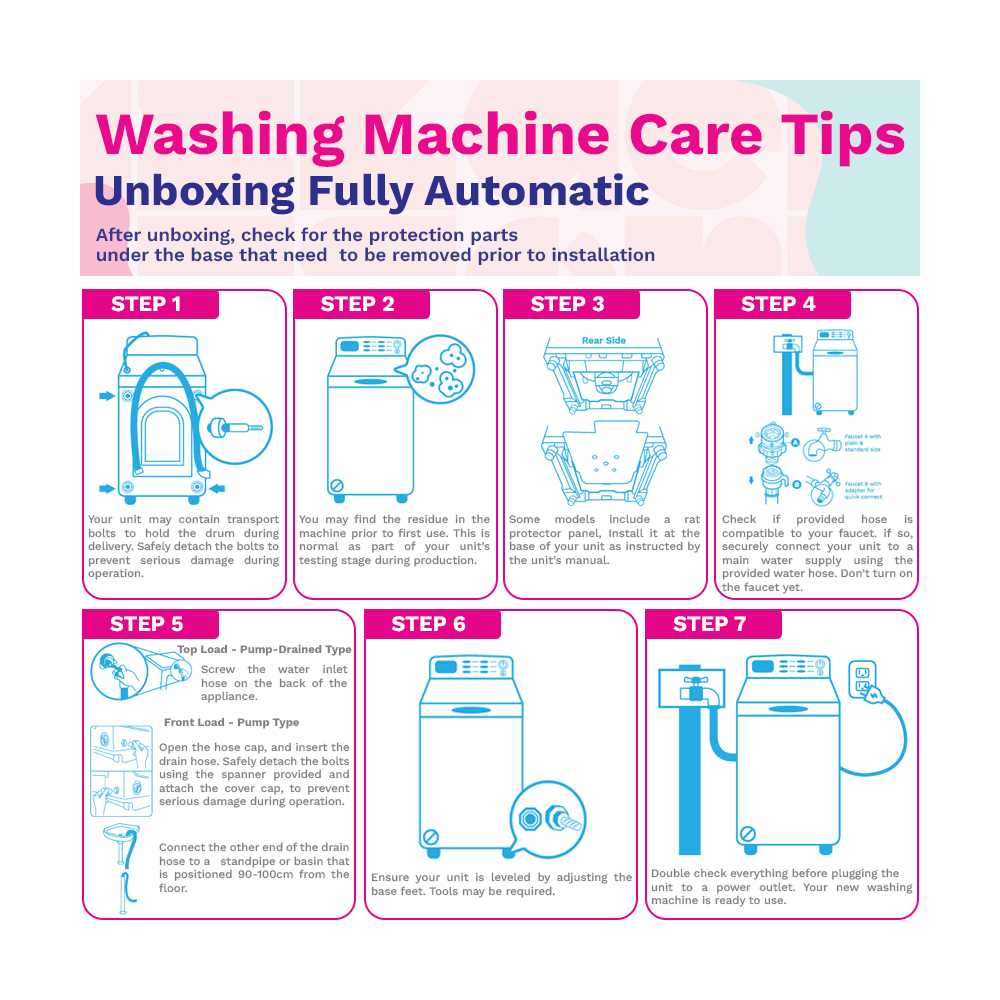
Grasping the essential elements of a laundry appliance is crucial for effective troubleshooting and maintenance. Each part plays a significant role in the overall functionality, contributing to a seamless cleaning experience. By familiarizing yourself with these components, you can better diagnose issues and ensure your unit operates smoothly.
Key Elements
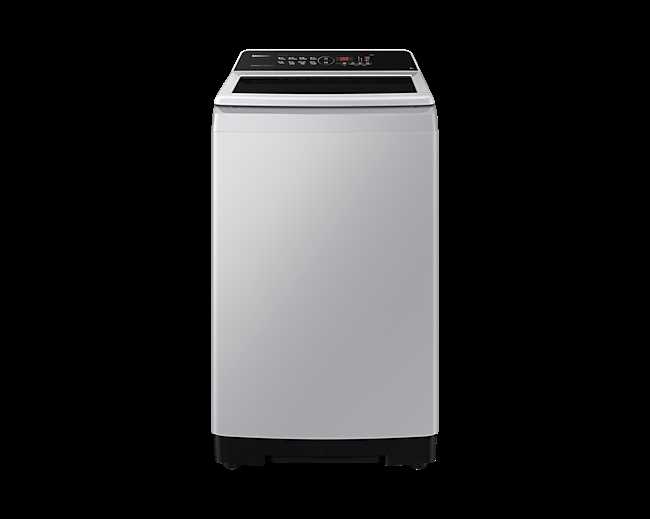
Among the primary elements are the drum, which holds the items during the cleaning cycle, and the motor that powers the rotation. Additionally, the pump is vital for removing excess water, while the control panel allows users to select various settings. Understanding how these parts interact enhances your ability to address common challenges.
Advanced Components
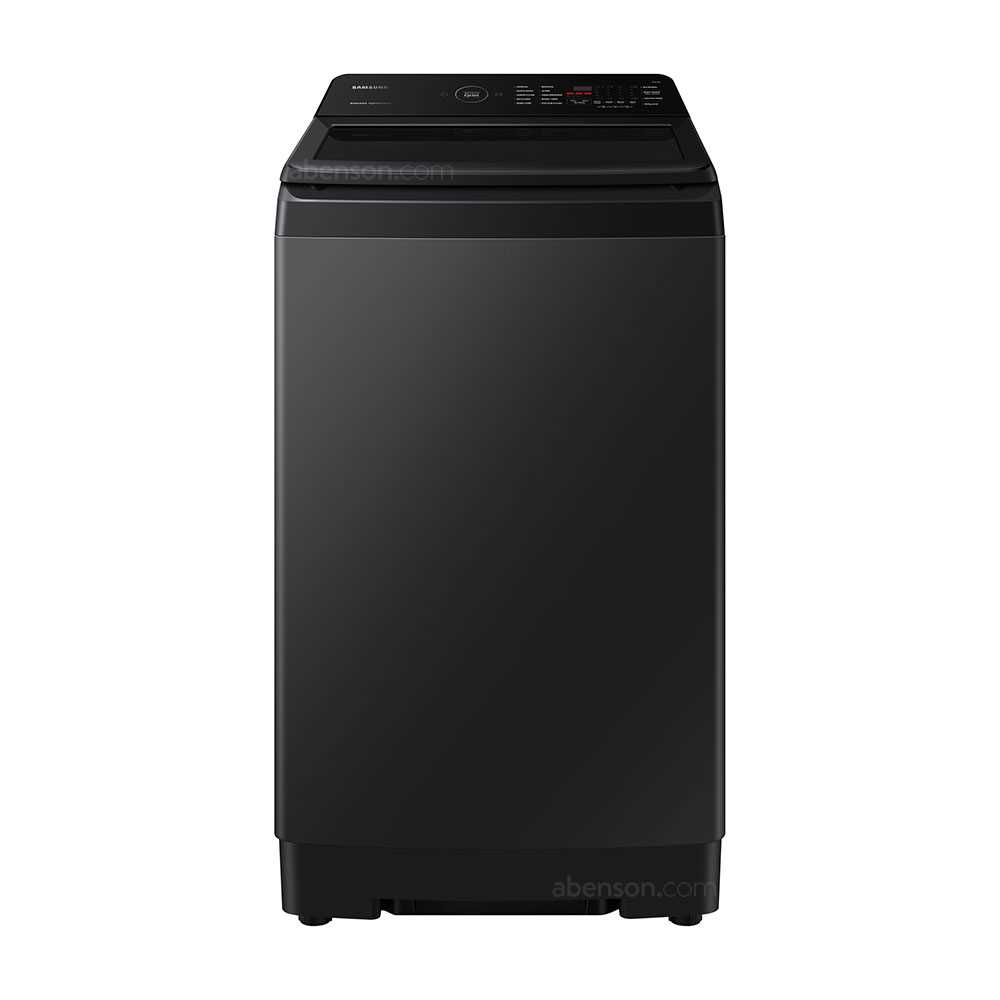
Delving deeper, components like the suspension system and belt are integral to the stability and movement of the drum. Electrical connections facilitate communication between the parts, ensuring precise operations. Regular inspection of these elements can help prevent potential failures and extend the lifespan of your appliance.
How to Fix a No-Drain Problem
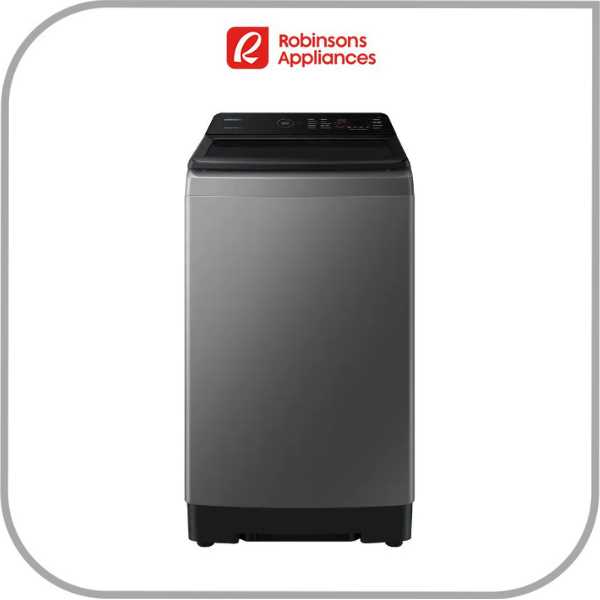
Experiencing an issue where your appliance fails to expel water can be frustrating. This problem often arises due to blockages or mechanical failures, but with a systematic approach, you can troubleshoot and resolve it effectively.
Step 1: Check the Drain Hose
Start by inspecting the drain hose for kinks or clogs. Ensure it is properly connected and elevated to avoid siphoning issues. Remove any obstructions that may prevent water flow.
Step 2: Clean the Filter
Most units are equipped with a filter that can trap debris. Locate the filter, typically found near the drain area, and clean it thoroughly. This can significantly improve drainage performance.
Step 3: Examine the Pump
If the hose and filter are clear, the issue may lie with the pump itself. Listen for unusual noises when the unit is in a drain cycle, which could indicate a malfunction. Consult the manufacturer’s guidelines for accessing and testing the pump.
Step 4: Assess the Electrical Connections
Inspect the electrical connections leading to the pump. Loose or damaged wires can prevent the pump from operating. Ensure all connections are secure and free from corrosion.
Step 5: Run a Diagnostic Test
Many appliances feature a built-in diagnostic mode. Refer to the user instructions to initiate this test, which can help identify specific faults related to drainage.
By following these steps, you can troubleshoot and resolve the no-drain issue effectively, restoring functionality to your unit.
Addressing Noise During Operation
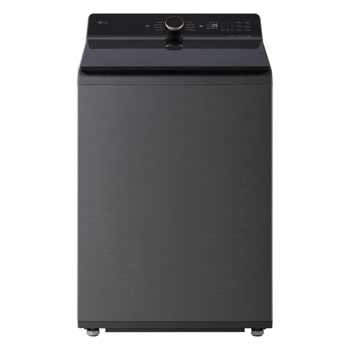
Excessive sound during the operational cycle of home appliances can be a source of frustration for users. Understanding the underlying causes of these disturbances is essential for effective troubleshooting and restoring peace in your living space. This section provides insights into common sources of noise and offers practical solutions to mitigate them.
Identifying Common Sources of Noise
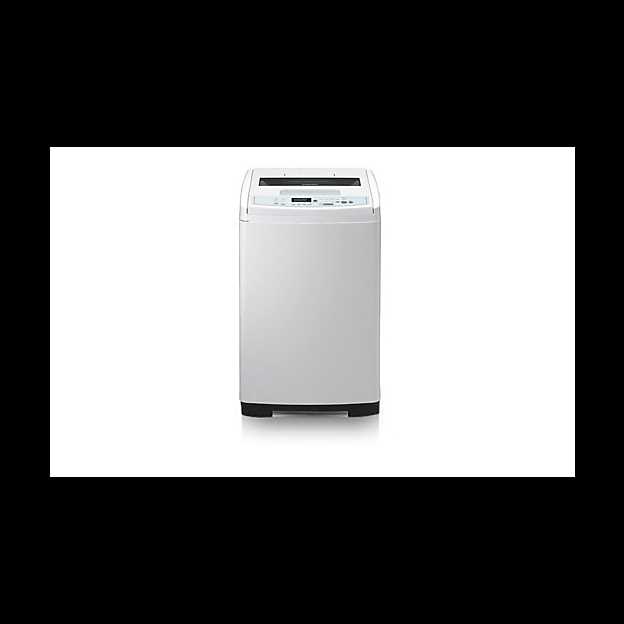
Various factors can contribute to unwanted sounds, including loose components, imbalanced loads, or foreign objects trapped within the system. Regular inspections can help pinpoint the root cause. Pay attention to whether the noise occurs consistently during specific cycles or varies with load size.
Practical Solutions to Minimize Noise
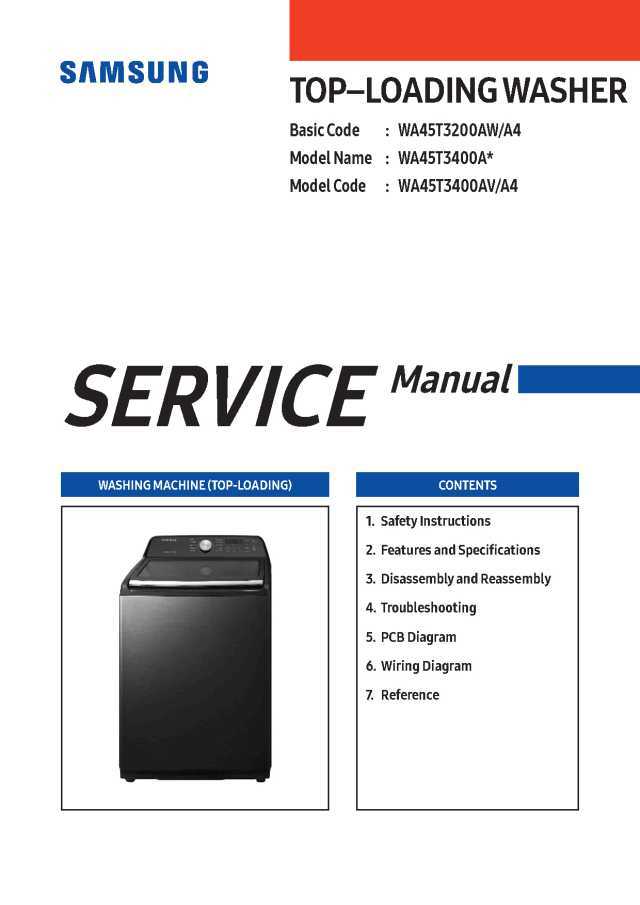
To address noise issues, begin by ensuring that the appliance is level and properly positioned on a stable surface. Adjust the feet as necessary to eliminate wobbling. Additionally, check for loose screws or bolts and tighten them if needed. If noises persist, consider redistributing the items within the drum to create a more balanced load. Finally, inspect for any debris that may have found its way inside, as this can significantly impact operation.
By following these guidelines, you can effectively reduce noise levels and enhance the overall performance of your appliance.
Dealing with Water Leaks
Water leakage can be a frustrating issue that affects the efficiency of your appliance. Identifying the source and resolving the problem promptly is crucial to prevent further damage. This section will guide you through common causes of leaks and how to address them effectively.
Identifying the Source
Start by inspecting all connections and hoses. Check for any signs of wear, cracks, or loose fittings. A common cause of leaks is a faulty hose or improper installation. Ensure that all attachments are secure and that hoses are free from kinks. Additionally, examine the drainage area for blockages that may lead to overflow.
Troubleshooting Steps
If a leak is detected, follow these steps:
- Turn Off Water Supply: Immediately shut off the water supply to prevent further leakage.
- Examine Hoses: Inspect both inlet and outlet hoses for damage. Replace any that show signs of deterioration.
- Check Seals: Ensure that all seals and gaskets are intact. Worn or damaged seals can lead to significant leaks.
- Test Connections: Re-tighten any loose connections and ensure they are properly aligned.
By systematically addressing these areas, you can effectively manage leaks and maintain the performance of your appliance.
Replacing a Faulty Agitator
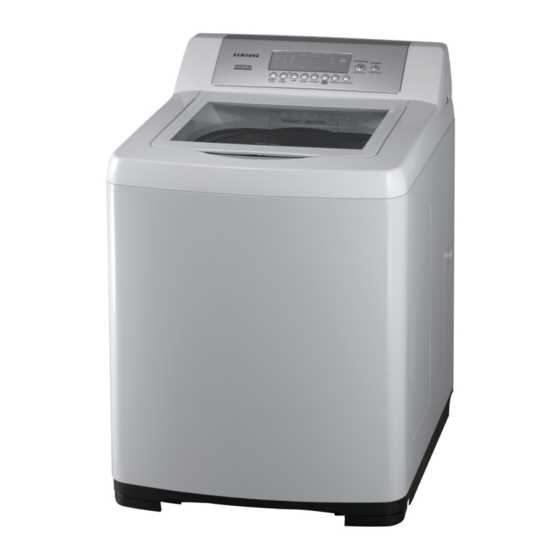
When a central component responsible for the motion of laundry becomes ineffective, it can significantly impact the cleaning process. Addressing this issue promptly is essential to restore optimal performance and efficiency. In this section, we will outline the steps necessary to replace a malfunctioning agitator, ensuring your unit operates smoothly once more.
Before proceeding, gather the required tools and replacement parts. This preparation will facilitate a seamless transition during the replacement process.
| Tools Needed | Replacement Parts |
|---|---|
| Socket Wrench Set | New Agitator |
| Screwdriver Set | Agitator Coupling |
| Pliers | Seals and Gaskets |
| Utility Knife | Lubricant (if necessary) |
Start by disconnecting the power supply to ensure safety during the procedure. Then, access the interior by removing the outer casing. Carefully detach the faulty agitator from its base, taking note of the assembly for proper reinstallation of the new part. Once the old agitator is removed, position the new one in place, securing it with the appropriate fasteners.
After everything is reassembled, reconnect the power and run a short cycle to test the new component. Monitoring its performance during the first few uses will help confirm that the issue has been resolved effectively.
Resetting Your Samsung Washing Machine
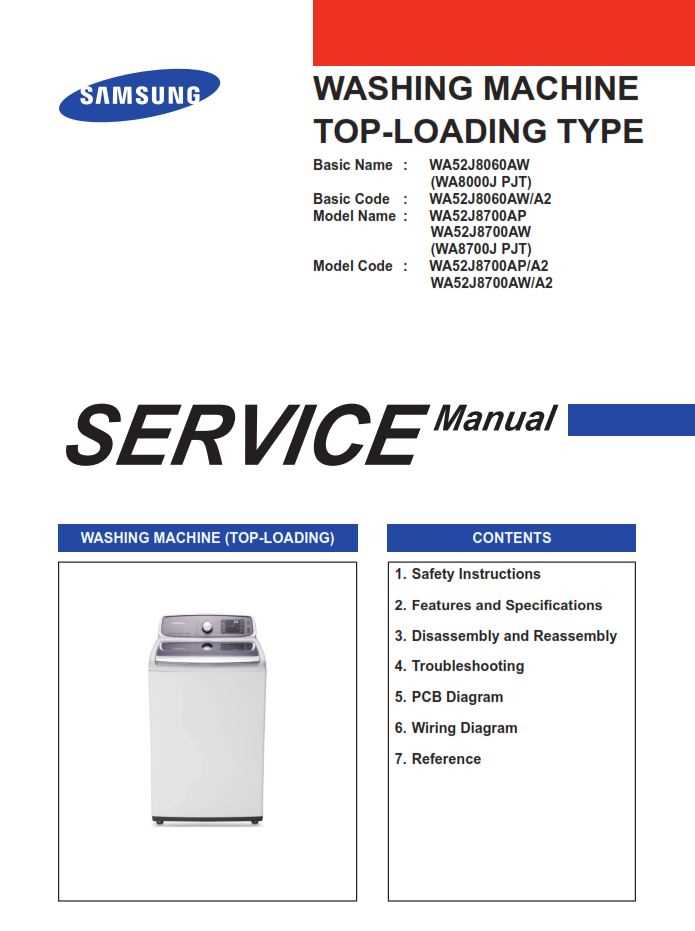
Sometimes, an electronic appliance may need a fresh start to function properly. Whether due to minor glitches or more persistent issues, restoring the system to its original settings can often resolve these problems. This section will guide you through the process of reinitializing your unit effectively.
Steps to Restore Functionality
To initiate the reset, first, ensure that the device is powered on. Then, unplug the unit from the electrical outlet. Wait for approximately 10 to 15 minutes before reconnecting it. This brief pause allows any residual energy to dissipate, helping to clear out temporary settings that might be causing the malfunction.
Performing a Factory Reset
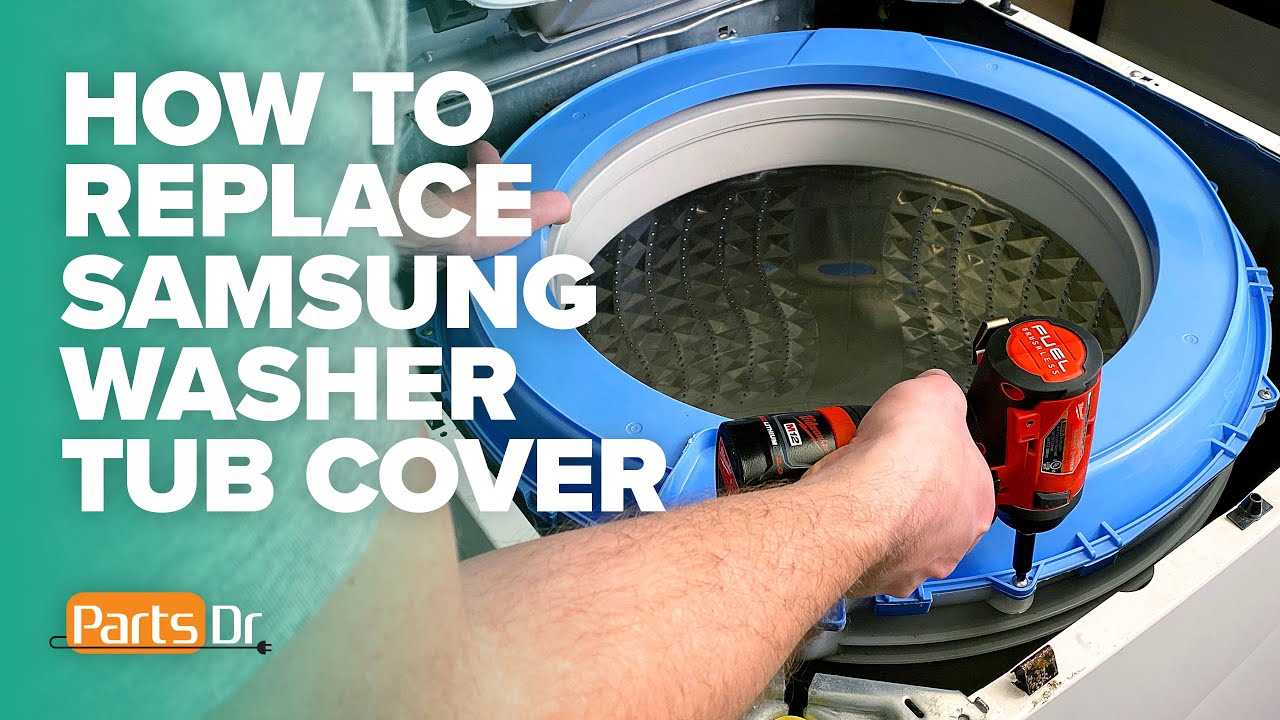
For a more thorough restoration, locate the control panel. Depending on the model, you may need to press and hold specific buttons for a designated period. Refer to your device’s documentation for exact instructions. After completing this process, your appliance should return to its original configurations, ready for use.
Note: Always consult the user guidelines before performing a reset to ensure you do not void any warranties or disrupt the unit’s functionality.
When to Call a Professional Service
Understanding the right moment to seek expert assistance is crucial for maintaining the longevity and efficiency of your appliance. While some issues may seem minor and manageable, others can indicate deeper problems that require specialized knowledge and tools. Identifying these signs early can prevent further damage and save on potential costs.
First and foremost, if you notice unusual noises, leaks, or malfunctions that persist despite basic troubleshooting, it’s wise to consult a professional. Ignoring these symptoms can lead to more significant complications that could compromise the entire unit.
Additionally, if your appliance exhibits inconsistent performance, such as incomplete cycles or failure to operate, this may point to electrical or mechanical faults that should be handled by trained technicians. Their expertise not only ensures safe handling but also facilitates precise diagnostics and effective solutions.
Finally, when facing complex issues or if your device is still under warranty, reaching out to a qualified service provider is often the best course of action. They can help maintain any existing guarantees while providing the necessary repairs.